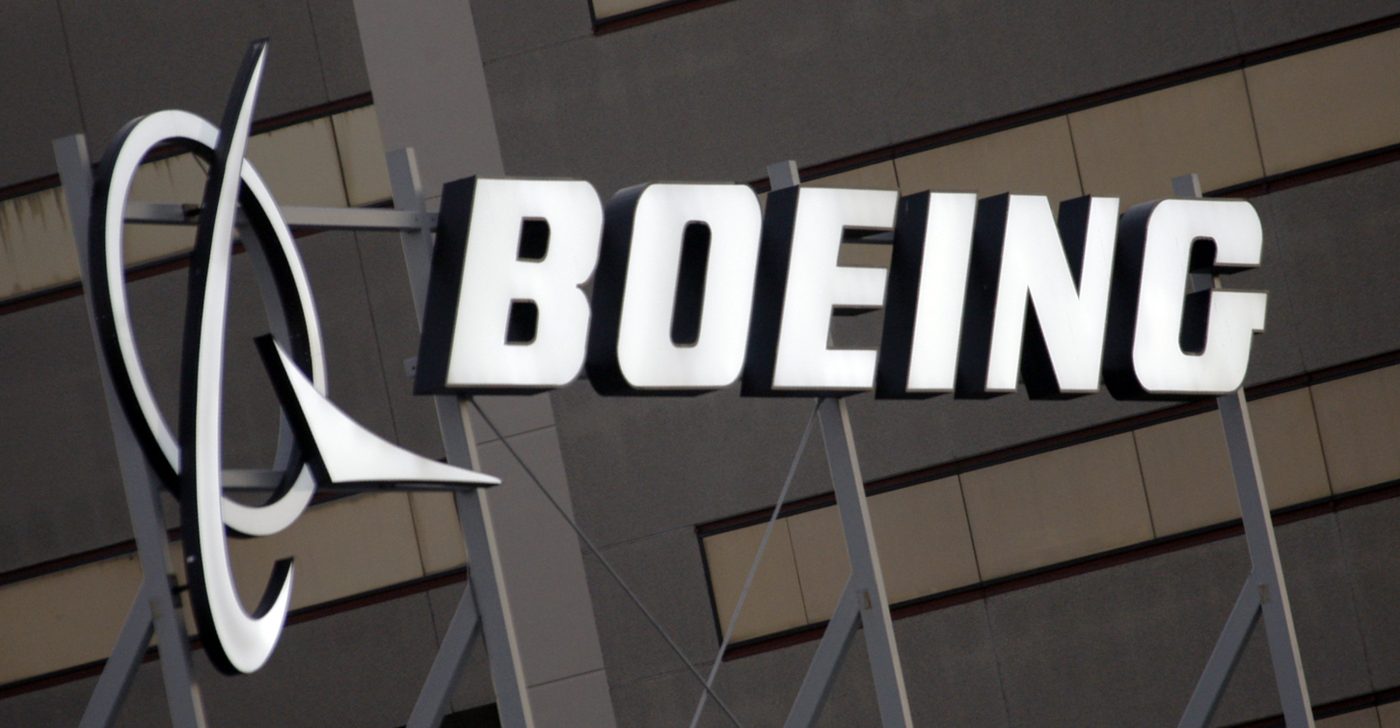Boeing Under Pressure for Safety Oversight
The Federal Aviation Administration has placed Boeing under intense scrutiny following a series of safety concerns tied to its manufacturing and inspection processes. The proposed fine totals millions of dollars. This reflects a broader push to hold aircraft manufacturers accountable for lapses in safety management and production oversight. Aviation regulators argue that these issues are not isolated incidents. They are part of a wider pattern of shortcomings within Boeing’s quality assurance framework. For the global aviation industry, the case highlights the ongoing challenge of ensuring that manufacturers maintain the highest standards. This is increasingly important as passenger numbers continue to grow. More information on regulatory oversight can be found at the FAA official website.
Quality Control and Manufacturing Concerns
One of the most pressing issues for Boeing has been its quality control at production facilities. Regulators have identified hundreds of violations that directly affect the reliability of its aircraft. The problem extends beyond assembly errors. It includes concerns about the pressure placed on internal inspection teams to approve aircraft despite potential compliance failures. Industry experts warn that such practices undermine public trust in aviation safety. This sector relies heavily on confidence and reliability. The situation also places suppliers, such as Spirit AeroSystems, under the spotlight. Regulators are examining the entire supply chain. For context on how modern supply chains influence aerospace, resources like MIT’s Supply Chain Management provide valuable insights.
Implications for the Aviation Industry
The consequences of these safety violations extend far beyond one company. If Boeing is forced to adopt stricter compliance measures, it may face delays in aircraft deliveries. This comes at a time when airlines are eager to expand their fleets to meet growing demand. Such delays could create ripple effects across the aviation sector, influencing airline operations, ticket pricing, and even global connectivity. Furthermore, competitors like Airbus may strengthen their market position if Boeing struggles to resolve its compliance challenges quickly. The aviation industry is already experiencing turbulence from labor shortages, higher operating costs, and supply chain disruptions. New regulatory pressures could compound these issues. For travelers and professionals interested in aviation trends, the International Air Transport Association (IATA) provides frequent updates on industry developments. Additionally, broader aerospace innovation efforts are being tracked by organizations such as NASA, which focus on improving long-term safety and technological resilience in the skies.







